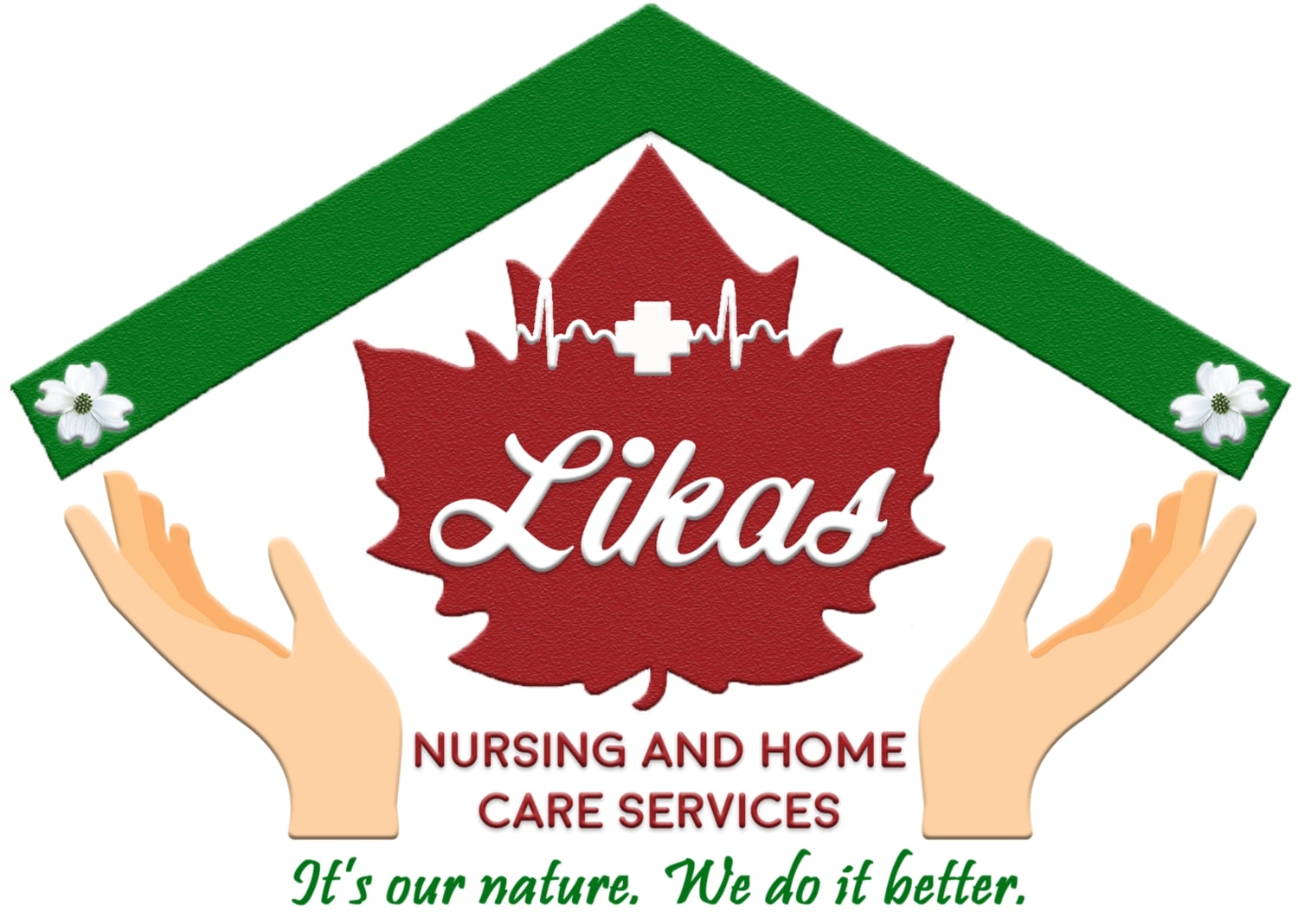
As we age, our bodies go through a lot of changes. One of the most affected parts is the digestive system. In fact, digestion in old age can be a real challenge.
Digestive issues such as bloating, constipation, and acid reflux are common in older adults, but there are ways to improve your digestion and overall gut health.
In this blog post, we will discuss practical tips to help you improve your digestion in old age. From staying hydrated and incorporating fiber into your diet to being active and relieving stress – we’ve got you covered!
Make sure to talk to your doctor if you have any concerns about your digestion – read on for everything you need to know about improving digestion in old age!
Understanding the Aging Digestive System
Aging can impact the function and efficiency of the digestive system. In older adults, reduced stomach acid production is a common issue. Digestion and nutrient absorption may also slow down with age. Changes in bowel habits and an increased risk of digestive diseases can occur due to the aging process. It is crucial to have a good understanding of how the aging digestive system works in order to address any potential issues.
Two common concerns in old age are constipation and diarrhea. Acid reflux and heartburn may also become more frequent. Additionally, older individuals have a higher risk of developing conditions like diverticular disease and colon cancer. Age-related changes can make it difficult to digest certain foods, leading to gas and bloating.
By understanding and addressing these typical digestive issues, we can promote better gut health in old age. Here’s how:
Stay Hydrated
Drinking an ample amount of water is essential to maintain healthy digestion in old age. Adequate hydration helps prevent constipation and ensures smooth bowel movements, promoting overall digestive function. Older adults should prioritize staying hydrated throughout the day to support their digestive system. In addition to water, herbal teas and clear broths can also contribute to hydration and promote digestive health. By prioritizing fluid intake, seniors can optimize their digestion and reduce the risk of digestive issues associated with aging.
Watch What You Eat
Paying attention to your diet is crucial for improving digestion in old age. By avoiding fried and fatty foods, you can reduce the risk of digestive issues like acid reflux. Including whole grains, fruits, and vegetables in your meals provides necessary fiber and nutrients for a healthy digestive system. Limiting processed foods and sugary treats helps maintain optimal digestion. Being mindful of portion sizes and eating regular, balanced meals promotes digestive health.
Get Plenty of Fiber
Consuming an adequate amount of dietary fiber is crucial for optimal digestive health in older adults. Fiber plays a significant role in promoting regular bowel movements and preventing constipation. To increase fiber intake, it’s beneficial to incorporate whole grains, fruits, vegetables, and legumes into the diet. Older adults should gradually increase their fiber consumption to avoid any digestive discomfort. Including a variety of high-fiber foods in the diet supports a healthy digestive tract and contributes to overall gut health.
Chew Your Food
Chewing food thoroughly plays a crucial role in improving digestion, especially in old age. By chewing slowly and deliberately, you break down the food into smaller particles, making it easier for your digestive system to process. Properly chewed food is also easier to swallow and promotes efficient nutrient absorption. Taking the time to enjoy your meals and savor each bite can also aid in maintaining a healthy weight. Practicing mindful eating and avoiding rushed meals contribute to better digestion in old age.
Be Active
Regular exercise is beneficial for improving digestion in old age. Physical activity stimulates the digestive system and promotes regular bowel movements, reducing the risk of conditions like constipation and diverticular disease. Engaging in activities such as walking, yoga, or swimming supports overall digestive health. It’s important to consult with a healthcare professional before starting any new exercise routine to ensure it aligns with individual needs and abilities.
Relieve Stress
Managing stress levels is crucial for maintaining healthy digestion in old age. High levels of stress can contribute to digestive issues such as irritable bowel syndrome. To alleviate stress, it is beneficial to practice relaxation techniques like deep breathing or meditation. Engaging in activities that bring joy and promote relaxation can also support digestive health. Prioritizing self-care and finding healthy coping mechanisms can have a positive impact on digestion.
Consider Lifestyle Changes
Making lifestyle changes plays a crucial role in improving digestion in old age. The first step is to avoid smoking and excessive alcohol consumption, as these can negatively impact the digestive system. Avoiding late-night snacking minimizes disruption to the body’s natural processes. By implementing these changes, seniors can enhance their digestive health and overall well-being.
Quit Smoking
Quitting smoking is crucial for improving overall digestive health, as smoking can contribute to acid reflux and other digestive issues. By quitting smoking, individuals can reduce the risk of developing digestive diseases and lessen the symptoms of inflammatory bowel disease. Moreover, quitting smoking helps maintain a healthy weight, which plays a vital role in digestion. Seek advice from healthcare professionals to explore effective strategies for quitting smoking and promoting optimal digestive well-being.
Reduce Alcohol Consumption
Excessive alcohol consumption can contribute to digestive problems, causing abdominal pain and discomfort. It can irritate the digestive tract, exacerbating symptoms of conditions like irritable bowel syndrome. By reducing alcohol intake, digestive health can be improved, promoting better nutrient absorption and overall gut health. Lowering alcohol consumption has been associated with disease control and a lower risk of developing digestive diseases such as ulcerative colitis and Crohn’s disease.
Stop Late-Night Eating
Late-night eating can have a significant impact on digestion, causing discomfort and disruption to the body’s natural processes. Acid reflux and digestive issues, such as upset stomach and bowel irregularities, can be exacerbated by eating close to bedtime. By avoiding late-night snacking and giving your digestive system a break overnight, you can improve overall digestion and promote better gut health.
Incorporate gut-supporting nutrients
Improving digestion in old age can be achieved by incorporating gut-supporting nutrients into your diet. These nutrients play a crucial role in promoting digestive health and preventing digestive issues.
Probiotics
Incorporating probiotics into your daily routine can support overall digestive health. Probiotics are beneficial bacteria that aid in nutrient absorption and immune function, helping to improve digestion and prevent digestive symptoms. These beneficial bacteria also help restore the balance of gut bacteria, which is crucial for a healthy digestive system. By taking probiotics, you can promote the growth of good bacteria in your gut and enhance your gut health.
Glutamine
Glutamine, an essential amino acid, plays a crucial role in maintaining a healthy digestive tract. By supplementing with glutamine, you can repair and strengthen the lining of your digestive system, promoting optimal digestion. This amino acid also supports the growth and regeneration of intestinal cells, preventing issues like leaky gut syndrome. Including glutamine-rich foods or supplements in your diet can significantly improve overall digestion, ensuring that you enjoy a variety of foods without experiencing any digestive discomfort.
Zinc
Zinc is an essential mineral that plays a crucial role in supporting various bodily functions, including digestion. Adequate levels of zinc can promote the healing of the digestive tract and aid in the production of stomach acid, which is essential for proper digestion. On the other hand, a deficiency in zinc can lead to digestive problems and impaired immune function.
Talk to Your Doctor
Consulting with a healthcare professional is essential for personalized advice on improving digestion in old age. Your doctor can help identify underlying issues by discussing digestive concerns. They can recommend specific lifestyle changes or treatments to address digestive problems such as abdominal pain or gastroesophageal reflux disease. Working with a healthcare provider can help manage digestive symptoms and optimize overall health, particularly for individuals with chronic conditions like inflammatory bowel disease. So, don’t hesitate to talk to your doctor about your digestive health and seek their guidance for a healthier digestive system.
Conclusion
In conclusion, as we age, our digestive system undergoes changes that can lead to various digestive issues. However, there are practical steps you can take to improve digestion in old age. Staying hydrated, watching what you eat, getting plenty of fiber, chewing your food thoroughly, and staying active can all contribute to better digestion. Additionally, relieving stress, making lifestyle changes such as quitting smoking, reducing alcohol consumption, and avoiding late-night eating can have a positive impact on your digestive health. Incorporating gut-supporting nutrients like probiotics, glutamine, and zinc can also be beneficial. It’s important to remember that if you’re experiencing persistent digestive problems, it’s essential to talk to your doctor for personalized advice and treatment options. Taking care of your digestion can greatly contribute to your overall well-being in your golden years.
We at Likas Nursing are committed to helping you in your journey to be the healthiest you can be. Hopefully our tips on improving digestion will be useful to you. Give us a call today to see how we can help you.



